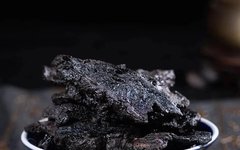Shudi (Rehmannia glutinosa), a traditional treasure for nourishing Yin and replenishing blood, is renowned for its exceptional efficacy and wide range of applications, earning the title of “the supreme blood tonic” in the vast treasury of Chinese medicine. Shudi, also known as Shudi Huang, is processed from the root of Rehmannia through specific preparation techniques. It is sweet and slightly warm in nature, entering the Liver and Kidney meridians, and is known for its ability to nourish Yin, replenish blood, and enrich essence and marrow. This article will comprehensively explore Shudi’s botanical characteristics, medicinal history, chemical composition, pharmacological effects, clinical applications, and precautions, providing an in-depth understanding of this ancient and miraculous herb.
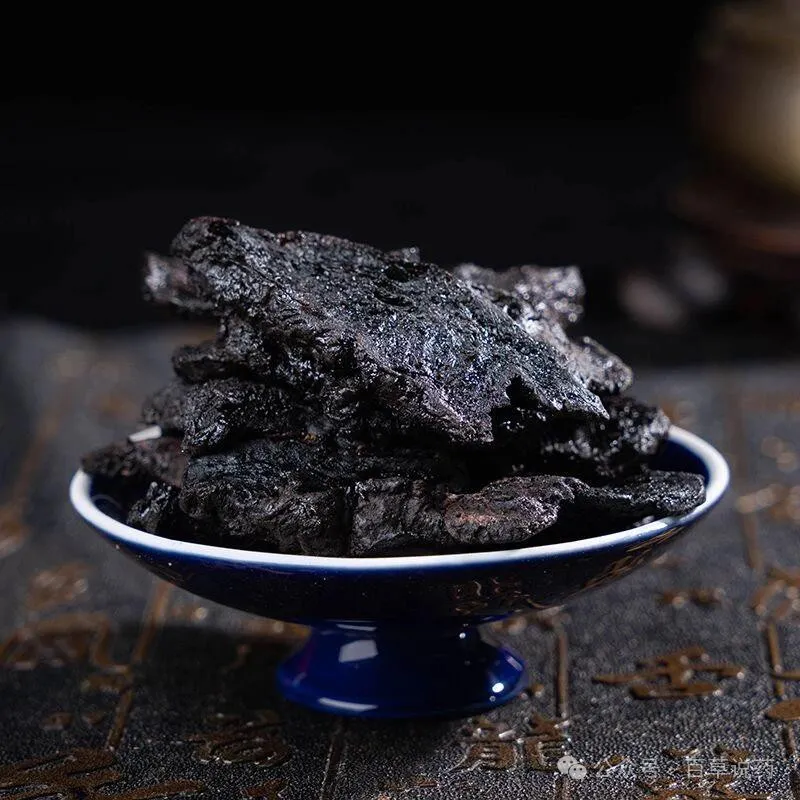
Shudi is primarily distributed in China, Japan, and Korea, with cultivation across various provinces in China, particularly in Henan, Zhejiang, Jiangsu, and Anhui. This herb thrives in warm and humid environments, is cold and drought-resistant, and commonly grows on hillsides, grasslands, and forest edges. The medicinal history of Shudi can be traced back to the “Shennong Bencao Jing,” which classified it as a superior herb, stating that it “treats fractures, injuries, blood stasis, fills the bone marrow, and promotes muscle growth.” Over the centuries, various physicians have deeply explored and validated the medicinal value of Shudi, gradually forming a complete system of effects including nourishing Yin, replenishing blood, and enriching essence and marrow. In TCM theory, Shudi is regarded as an important herb for nourishing Yin and blood, widely used for various conditions related to blood deficiency, Yin deficiency, and insufficiency of the Liver and Kidney.
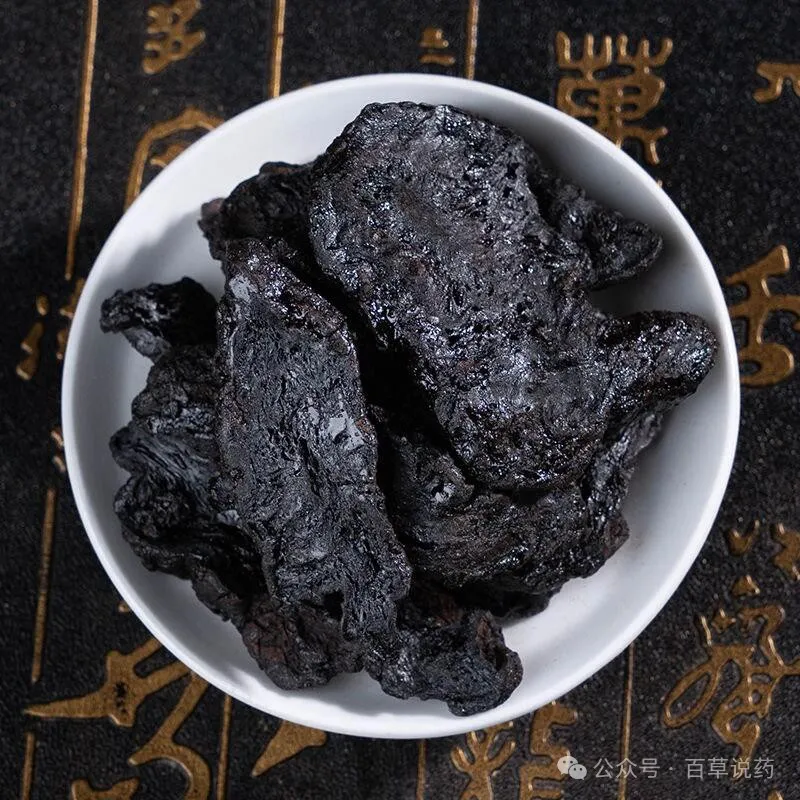
The extensive medicinal effects of Shudi are closely related to its rich chemical composition. Modern research indicates that Shudi primarily contains iridoid glycosides, carbohydrates, amino acids, trace elements, and various active components. These constituents confer multiple pharmacological effects:
Nourishing Yin and Replenishing Blood: Shudi significantly enhances the body’s hematopoietic function, promoting the production of red blood cells and hemoglobin, thereby improving symptoms of blood deficiency. Additionally, Shudi nourishes Yin fluids, effectively alleviating symptoms such as dry mouth, dry throat, and heat sensations in the palms and soles associated with Yin deficiency.
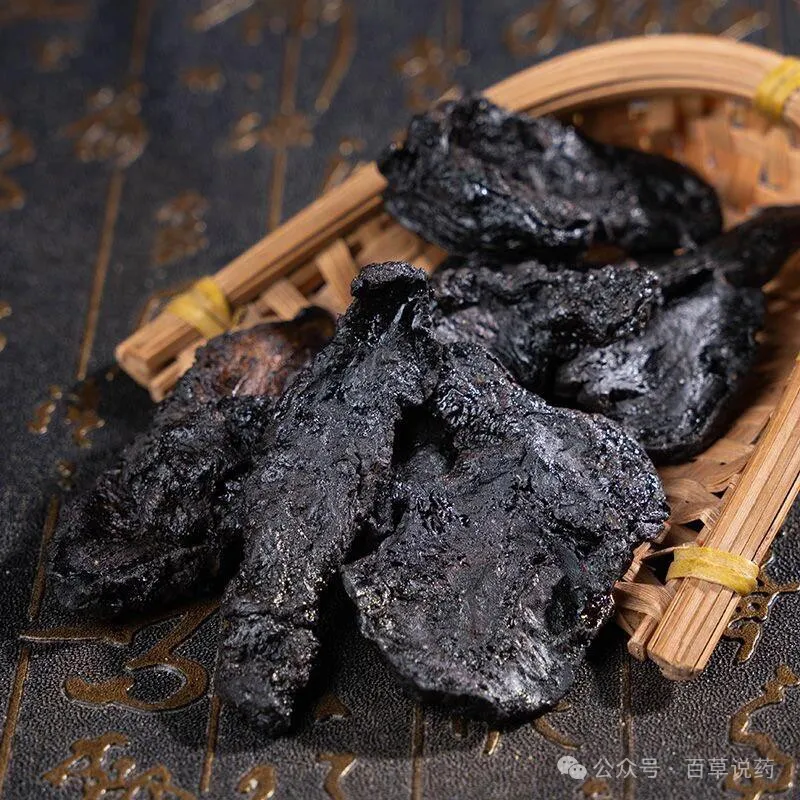
Enriching Essence and Filling Marrow: Shudi nourishes the Liver and Kidney, enriching essence and marrow, and is particularly effective for symptoms such as lower back and knee weakness, dizziness, tinnitus, and hearing loss due to Liver and Kidney insufficiency. The iridoid glycosides in Shudi promote hematopoiesis in the bone marrow and enhance immune function.
Antioxidant Effects: Shudi is rich in polysaccharides and amino acids, exhibiting significant antioxidant properties that reduce damage caused by free radicals, protecting cells and tissues from oxidative stress.
Anti-inflammatory Effects: The iridoid glycosides in Shudi possess anti-inflammatory properties, inhibiting inflammatory responses and alleviating inflammation-related damage, providing auxiliary support in treating certain inflammatory diseases.
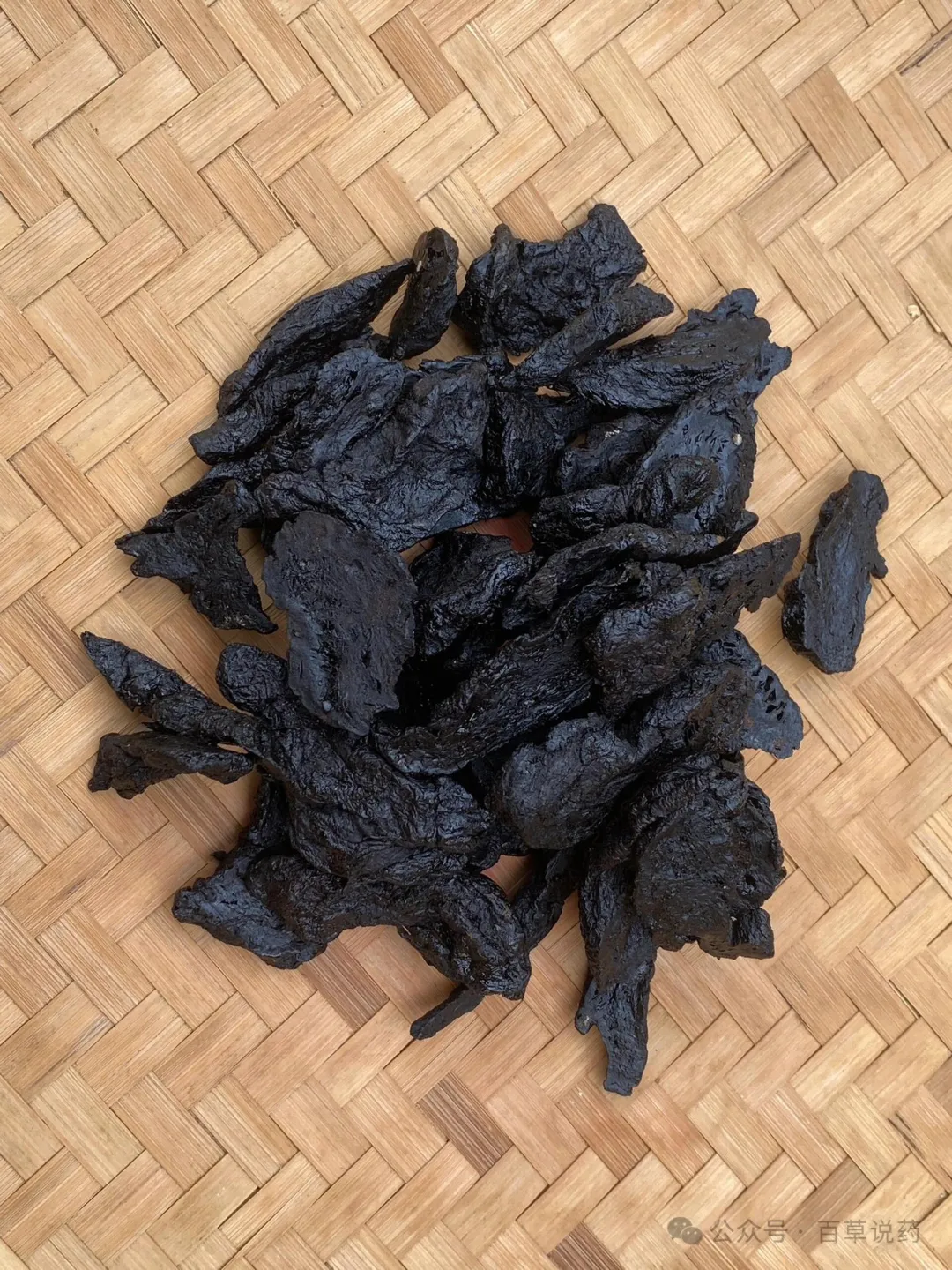
Blood Sugar Lowering Effects: The polysaccharides in Shudi have blood sugar-lowering effects, improving blood sugar levels in diabetic patients and providing auxiliary support in diabetes treatment.
Moreover, Shudi exhibits various pharmacological effects such as anti-tumor, anti-aging, and enhancing the body’s immune response, which has led to its widespread application in TCM. Shudi’s clinical applications are extensive, covering multiple fields including internal medicine, surgery, gynecology, and pediatrics. Here are some common applications:
Treating Blood Deficiency: Shudi is a crucial herb for replenishing blood, effectively addressing symptoms of blood deficiency such as pale complexion, pale lips and nails, dizziness, and palpitations. It is often combined with Dang Gui (Angelica sinensis) and Bai Shao (Paeonia lactiflora) to enhance its blood-replenishing effects.
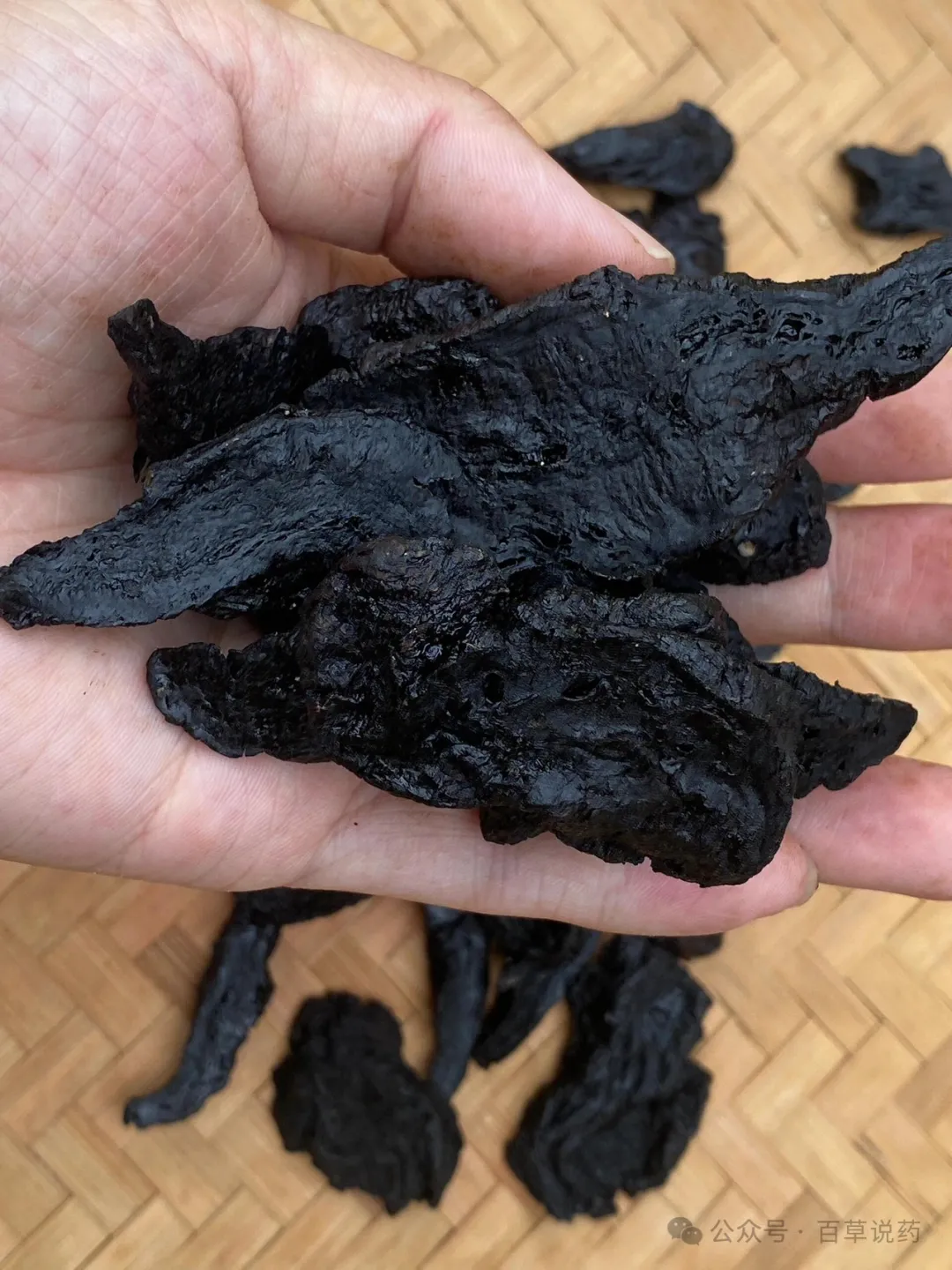
Treating Yin Deficiency: Shudi nourishes Yin fluids, effectively alleviating symptoms such as dry mouth, dry throat, heat sensations in the palms and soles, and night sweats associated with Yin deficiency. It is often used in combination with Mai Dong (Ophiopogon japonicus) and Wu Wei Zi (Schisandra chinensis) to enhance its Yin-nourishing effects.
Treating Liver and Kidney Insufficiency: Shudi nourishes the Liver and Kidney, enriching essence and marrow, and is particularly effective for symptoms such as lower back and knee weakness, dizziness, tinnitus, and hearing loss due to Liver and Kidney insufficiency. It is often combined with Shan Yao (Dioscorea opposita) and Shan Zhu Yu (Cornus officinalis) to enhance its nourishing effects.
Treating Menstrual Irregularities: Shudi regulates menstruation, providing improvement for symptoms such as irregular menstruation, scanty menstrual flow, and prolonged menstrual periods. It is often combined with Dang Gui and Chuan Xiong (Ligusticum chuanxiong) to enhance its menstrual-regulating effects.
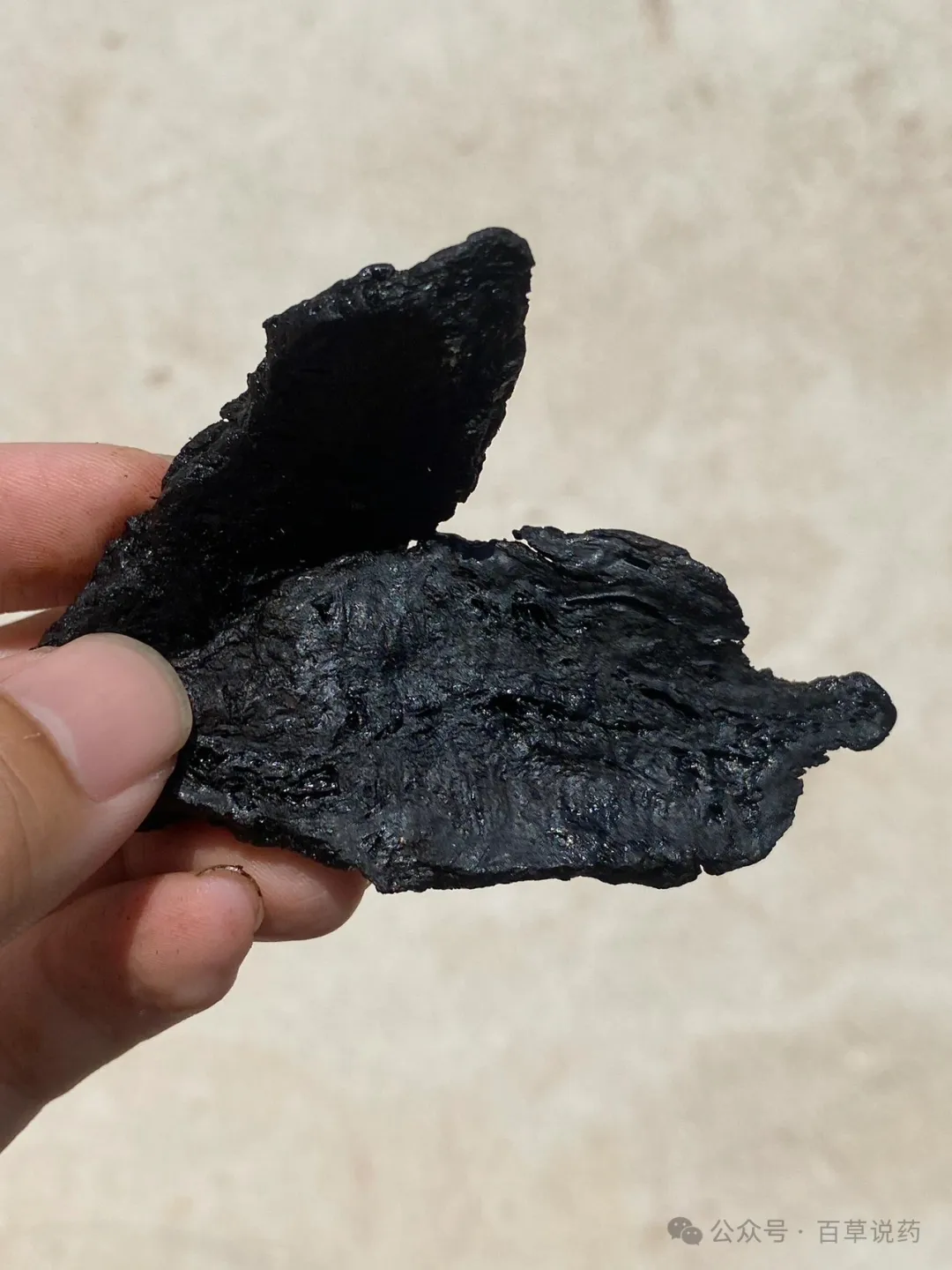
Treating Diabetes: The polysaccharides in Shudi have blood sugar-lowering effects, providing auxiliary support in the treatment of diabetes. It is often combined with Huang Qi (Astragalus membranaceus) and Shan Yao to enhance its blood sugar-lowering effects.
Additionally, Shudi can be used to treat coronary heart disease, myocarditis, arrhythmias, osteoporosis, and various other diseases. Its rich medicinal value and wide range of applications make Shudi an important herb in TCM. Despite its high medicinal value, attention should be paid to the following points during use: Shudi is generally decocted, with a common dosage of 9-15 grams. The specific dosage should be determined under the guidance of a physician based on the condition and constitution. Shudi has a rich and greasy texture, which can easily burden the stomach and affect digestive function if taken in large amounts over a long period. Therefore, it is not advisable for long-term or excessive use. Shudi is also contraindicated for individuals with weak spleen and stomach, phlegm-dampness, and abdominal fullness, as it may exacerbate the burden on the spleen and stomach, leading to digestive issues and bloating. Pregnant women should also use Shudi with caution to avoid adverse effects on the fetus.

Shudi should not be consumed with foods such as radishes, scallions, leeks, and garlic, as these foods have gas-producing properties that conflict with Shudi’s nourishing effects, potentially reducing its efficacy. Additionally, Shudi should not be combined with herbs like Lai Fu Zi (Raphanus sativus) and Sha Ren (Amomum villosum) that have qi-moving and digestive effects.
During the period of taking Shudi, dietary adjustments should be made to avoid overly spicy, greasy, or cold foods that may affect its efficacy. Maintaining good habits, avoiding staying up late, and excessive fatigue are also important to prevent depleting qi and blood, which can impact treatment outcomes. As a traditional Chinese medicinal herb, Shudi holds an important position in TCM due to its exceptional effects in nourishing Yin and replenishing blood and its wide range of applications. With the continuous advancement of modern pharmacological research, a deeper understanding of Shudi’s pharmacological effects and clinical applications is expected. In the future, Shudi is likely to play a significant role in more fields, contributing further to human health. At the same time, we should rationally view the effects and uses of Shudi, using it under the guidance of a physician to ensure safe and effective medication.

